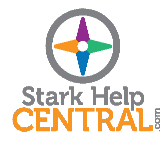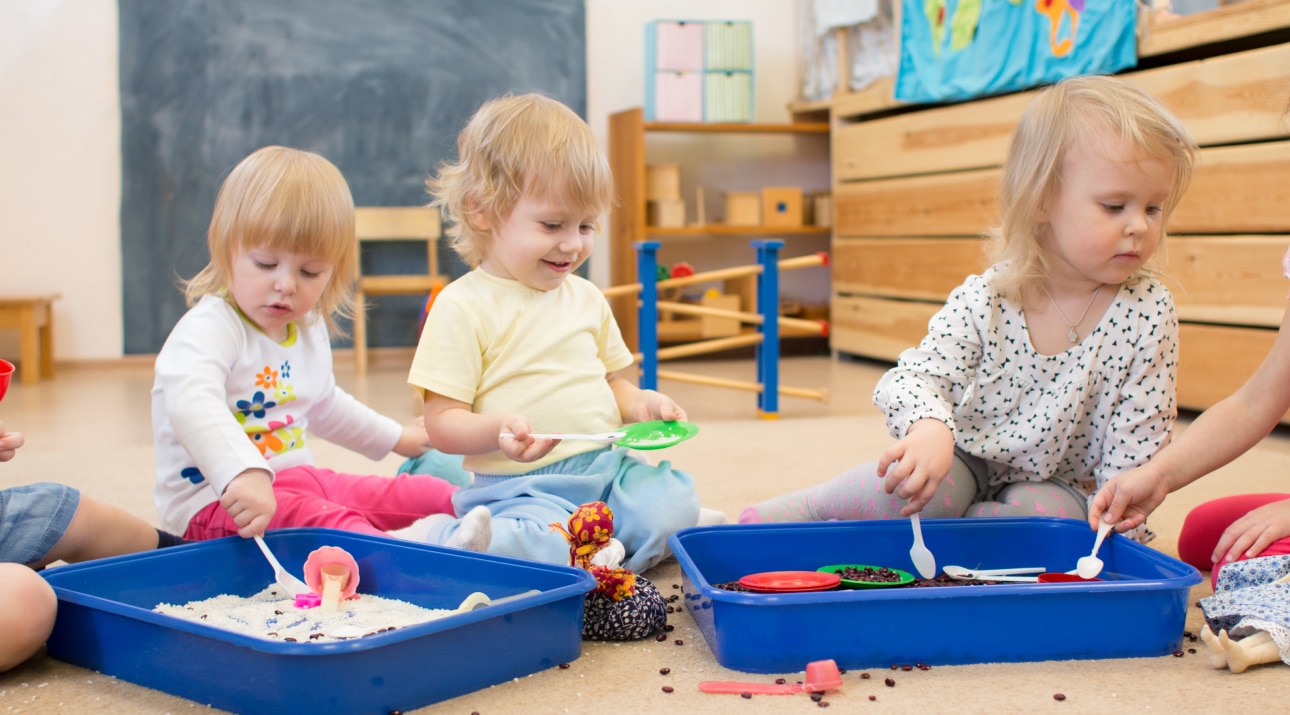In honor of Lesbian, Gay, Bisexual, Transgender and Queer (LGBTQ) Pride Month, let us take a moment to learn more about what we can do in our personal and professional lives to create safe spaces and caring relationships for our LGBTQ youth (and adults).
Far too many LGBTQ+ youth do not feel safe and accepted or feel a sense of pride in themselves. In fact, LGBTQ+ youth experience bullying, parental rejection, depression, and thoughts of suicide at significantly higher rates then their heterosexual peers. The significant impact on their mental health and well-being tells us that we need to be doing so much more to ensure there are safe spaces and caring adults for LGBTQ+ youth in our homes, schools, and communities. Interested in learning more, dig into the wealth of data on this topic from the CDC, Mental Health America, Research | Family Acceptance Project ® , The 2019 National School Climate Survey; and Ohio Snapshot 2017.
Experiencing a sense of belonging is a well researched and proven protective factor for mental health and wellness. Brene Brown is an expert on this topic: “A deep sense of love and belonging is an irreducible need of all people. We are biologically, cognitively, physically, and spiritually wired to love, to be loved, and to belong. When those needs are not met, we don’t function as we were meant to. We break. We fall apart. We numb. We ache. We hurt others. We get sick.”
Ensuring that ALL our young people have access to safe spaces and caring relationships where they feel supported and loved on their formative journey to explore and identify their unique gifts, strengths, interests and strengthen their self-confidence is one of the most important functions that we as parents/caregivers, educators, mentors, and community partners can provide during the child, adolescent and young adult years.
Do ALL our Stark County young people experience safe spaces and caring relationships?
- Responses from 12,448 Stark County 7th-12th grade students who completed the 2018 Northeast Ohio Youth Health Survey (Stark County Epi-Aid Final Report, 2018) revealed:
- Only 50% of students reported feeling close to people at their school, feeling part of their school, feeling happy to be at school, and feeling safe at school.
- Only about 80% of students reported that their friends and family care about them.
Yes, Stark County, we still have work to do to help ALL our young people feel safe and supported. As we learn more about what populations of youth do not feel safe and supported, we can position ourselves as individuals, families and a community to do better. LGBTQ youth is just one of the populations where we can all learn to do better. The Family Acceptance Project ® tells us that “Promoting family support as a critical modality for prevention, wellness, and care for LGBT children and youth will have a significant impact beyond individuals and families. If we think about what we could do if we change how we interact with LGBT young people across all the disciplines and systems of care, including faith communities, how we educate and inform providers in every service delivery arena, including educators, to think of families as resources; of interaction as an opportunity for education, for information, and for building communication skills and connectedness—we can change the future for LGBT children, youth, and families.”
There are already many caring adults in our community who are committed to learning and doing more to support our LGBTQ+ youth.
Kay Port, Director of Stark County iCARE; Laurie Moline, Founder of MENTORSTARK; and myself are on a shared journey to learn and promote best practices to educators, mentors, and parents/caregivers. We are grateful to GLSEN.org, Mentoring.org, and courageous voices of lived experience who are showing us the way as educators, mentors, and family members to do better.
Below are just a few places for families and youth serving professionals can learn more:
Family Members and Allies:
- The Family Acceptance Project created posters in English and Spanish that provides helpful considerations for family members and allies: https://familyproject.sfsu.edu/posters
- The CDC provides this guidance document for parents: Parents’ Influence on the Health of Lesbian, Gay, and Bisexual Teens: What Parents and Families Should Know
- PFLAG has support groups and resources.
Foster Parents and Child Welfare Professionals:
- The National Institute for Healthcare Management provides data and guidance: Foster Care, LGBTQ Youth & Increased Suicide
- Research Brief: LGBTQ Youth with a History of Foster Care – The Trevor Project
Educators:
- GLSEN – Educator Resources “School-based supports such as supportive and inclusive school policies, school personnel who are supportive of LGBTQ students, GSAs, and LGBTQ-inclusive curricular resources can positively affect school climate for LGBTQ students.
- Contact Kay Port [email protected] or Patti Fetzer at [email protected] for additional educator training and resources.
Mentors and Mentoring Organizations:
- LGBTQ Supplement to the Elements of Effective Practice for Mentoring™ | MENTOR
- Contact Laurie Moline at MENTORSTARK to learn more.
In the words and wisdom of Maya Angelou, “Do the Best You Can Until You Know Better. Then When You Know Better, Do Better.”
THANK YOU for taking the time to learn more and do more to support our LGBTQ+ youth and families. If you or a loved one is in need of immediate assistance, call the Suicide & Crisis Lifeline at 988.




